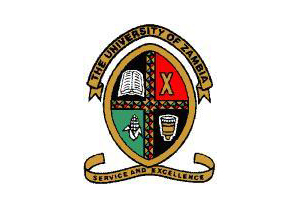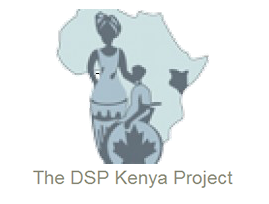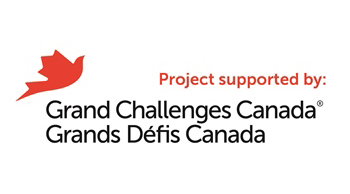How was this resource developed?
This resource is a comprehensive adaptation of the 2014 version of the “e-Module for Evidence-Informed HIV Rehabilitation” (e-Module),10 which was designed for Canada. This resource was adapted for rehabilitation providers in Sub-Saharan Africa.
What is the history of the 2014 version of the “e-Module for Evidence-Informed HIV Rehabilitation”?
In 1998, "A Comprehensive Guide for the Care of Persons with HIV Disease (Module 7)", was published by Health Canada and the Wellesley Central Hospital in Toronto, Canada.11This version was updated by Realize (formerly the Canadian Working Group on HIV and Rehabilitation) in 2013 and 2014.
Founded in 1998, Realize is a national multi- sector, multi-disciplinary, charitable organization of stakeholders involved in rehabilitation in the context of HIV in Canada. Realize works to bridge the traditionally separate worlds of HIV, disability and rehabilitation to promote quality of life through research, education, and cross- sector partnerships (www.hivandrehab.ca).
In 2013, the 1998 ‘Module 7’ was updated to address the changing profile, emerging issues and new evidence related to HIV and rehabilitation.12The 2013 adaptation was led by Realize and was a collaboration among a dedicated team of authors, editors, and external reviewers including: people living with HIV, clinicians, researchers, and advocates representing fields spanning medicine (family medicine and physiatry), nursing, occupational therapy, psychology, physical therapy, speech-language pathology, social work, pediatrics, midwifery, and policy.
In 2014, the resource was further updated by a large team of volunteers who participated as content experts, advisory committee members, writers and reviewers. The final resource was called the 2014 version “e-Module for Evidence-Informed HIV Rehabilitation”.10
How was the Canadian 2014 e-Module adapted for Sub-Saharan Africa?
This current resource is a comprehensive adaptation of the 2014 Canadian e-Module for rehabilitation providers in Sub-Saharan Africa. This adaptation was led by collaborators at:
- Realize (Canada)
- Disability Service Programme (Kenya)
- International Centre for Disability and Rehabilitation at the University of Toronto (Canada)
- University of Zambia (Zambia)
Adaptation involved input from a range of individuals with rehabilitation, disability and/or HIV experience from 5 countries in Sub-Saharan Africa. The adaptation process involved 7 steps:
- The 2013 e-Module was carefully reviewed by individuals with experience in HIV and/or disability and/or rehabilitation in Sub-Saharan Africa.
- Reviewers’ feedback was consolidated and an outline for the adapted resource was developed.
- Content for the adapted resource was developed by drawing on text from the 2014 e-Module and new writing.
- Drafts were reviewed by all collaborators.
- The adapted resource was pilot tested with rehabilitation providers and rehabilitation students in Kenya and Zambia.
- Changes were made to the resource based on feedback from the pilot.
- The final resource was made available for free in online (ssa.hivandrehab.ca), mobile and downloadable PDF versions.
Who funded the development of this resource?
Funding to support a review and update of the SSA resource was provided by the Canadian Institutes of Health Research
Financial support for the development and pilot of the resource, adapted for Sub-Saharan Africa, was provided through a grant by Grand Challenges Canada.
The original Canadian e-Module was funded with the support of Health Force Ontario 2008-10 Interprofessional Care/Education Fund ICEF08090121.
10©The Canadian Working Group on HIV and Rehabilitation (CWGHR) 2014 ISBN 978-0-9810430-9-8
11ISBN 0-9683321-0-2 (Module 7), RC607.A26C62 1993 616.97'92 C93-095398-3
12Copyright of the 1998 publication was transferred from the Wellesley Institute to the Canadian Working Group on HIV and Rehabilitation in March of 2011.

 Previous Page
Previous Page




